If you're considering building a brick or stone wall for your home, you're in for a treat. These materials are durable and can add an attractive touch to your property, but the process of building a brick or stone wall is not as simple as it might seem. Here are the top 3 things you should consider before embarking on this project.
Material Quality and Selection
The quality of the brick or stone you choose will make a significant difference in the longevity and appearance of your wall. Brick and stone come in various grades and colors, so it's essential to select one that fits your budget and style. While natural stone is a popular choice for walls, it can be expensive. If you're on a tight budget, you may consider manufactured stone, which is cheaper and can mimic the look of natural stone. However, keep in mind that it may not last as long as natural stone.
In addition to the quality of the materials, you should also consider the size and shape of the bricks or stones. Larger stones or bricks will mean fewer joints and less grout, making for a more natural look, while smaller pieces will require more joint work and can look more uniform.
Cost and Budget
The cost of building a brick or stone wall can vary depending on the size of the project and the quality of the materials you choose. The average cost for a professional contractor to build a brick or stone wall is between $25 and $50 per square foot. Keep in mind that the cost can increase if the site requires excavation, permits, or additional labor.
When budgeting for this project, be sure to factor in the cost of materials, labor, permits, and any additional expenses that may arise. You may want to consider doing some of the work yourself to save money, but keep in mind that building a brick or stone wall requires specialized skills and knowledge.
Placement and Purpose
Where you place your brick or stone wall and its intended purpose will play a crucial role in the design and construction process. You'll need to consider factors such as soil conditions, drainage, and erosion when choosing a location. For example, a retaining wall is designed to hold back soil and prevent erosion, so it must be built with the right materials and techniques.
You should also consider the overall aesthetic of your property and how the wall will fit into the landscape. A wall can serve as a boundary between your property and your neighbor's, create privacy, or provide a backdrop for your garden. Consider the purpose of the wall and how it will enhance the look and feel of your home.
In conclusion, building a brick or stone wall can be an excellent investment for your property, but it requires careful consideration and planning. By selecting quality materials, budgeting appropriately, and carefully choosing the placement and purpose of your wall, you can ensure a successful project that enhances the beauty and function of your home.
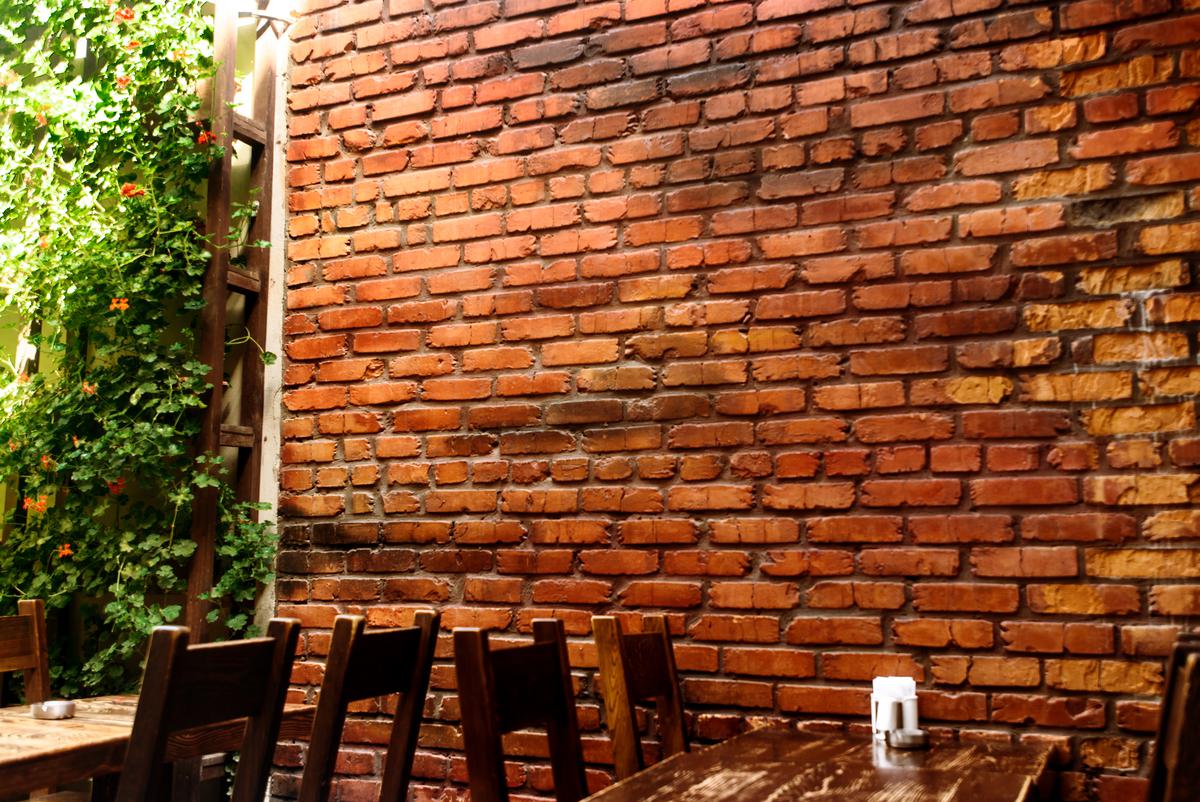

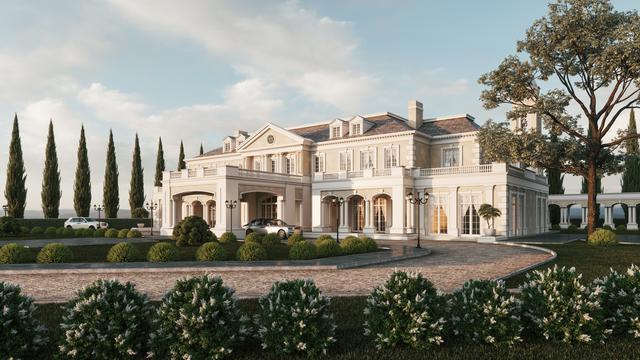
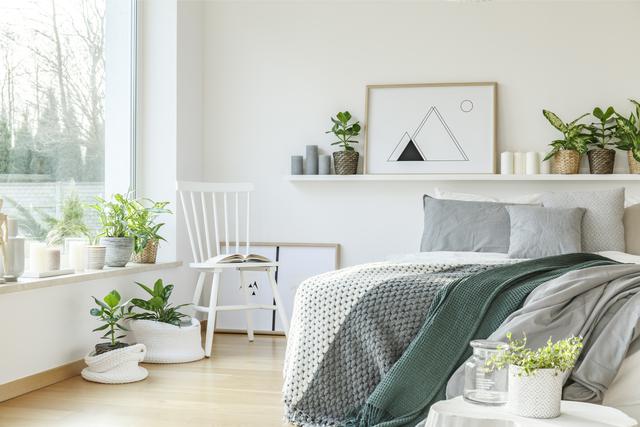
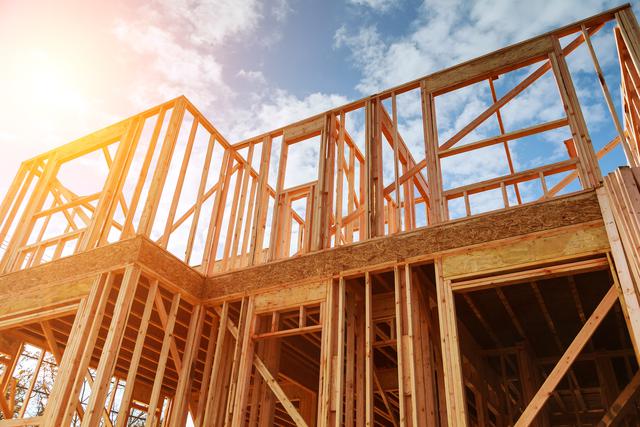
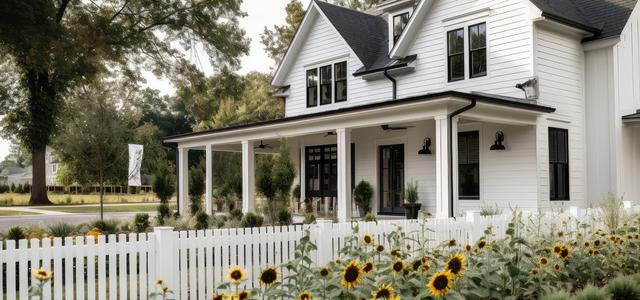
comments